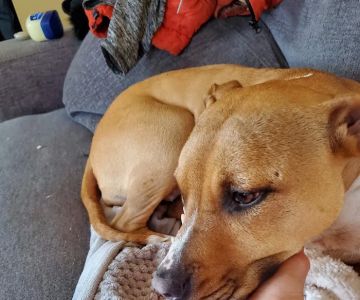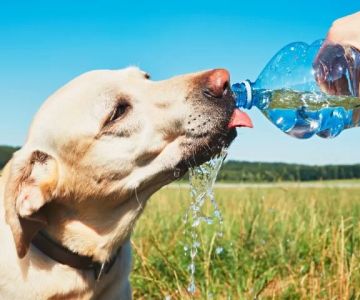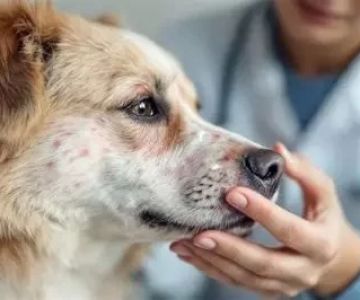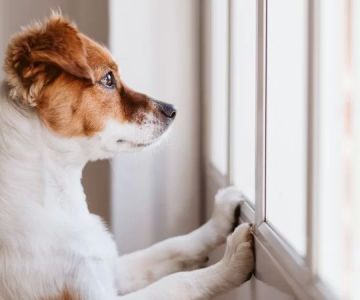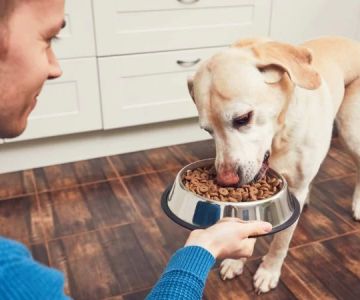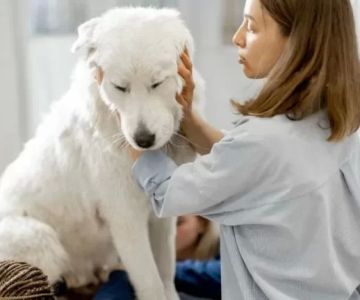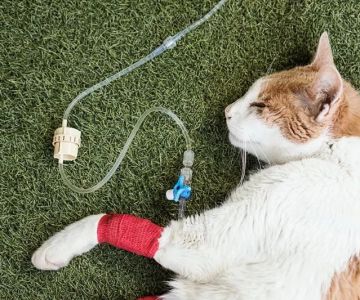Why Is My Dog Sneezing So Much? – Common Causes and When to See a Vet
- normal-reasons-why-dogs-sneeze
- potential-health-concerns-related-to-sneezing
- environmental-and-seasonal-factors
- when-to-seek-veterinary-care-for-sneezing
- find-professional-help-at-hidden-brook-veterinary
1. Normal Reasons Why Dogs Sneeze
Dogs sneeze for a variety of harmless reasons, and most of the time, it’s nothing to worry about. Just like humans, they sneeze as a reflex to clear their nasal passages from dust, dirt, or minor irritants.
1.1 Play Sneezing
Many dogs sneeze when they get excited or engage in play. This is known as "play sneezing," a way for dogs to communicate that they are having fun and not being aggressive.
1.2 Minor Irritants
Everyday irritants like dust, pollen, or strong odors (such as perfumes or cleaning products) can trigger sneezing. If your dog sneezes occasionally but otherwise appears healthy, there’s likely no cause for concern.
1.3 Reverse Sneezing
Some dogs experience "reverse sneezing," which sounds like a honking or snorting noise. This is a normal reaction when the soft palate becomes irritated, often caused by excitement, eating too fast, or sudden temperature changes.
3. Environmental and Seasonal Factors
Changes in the environment can trigger sneezing in dogs. Consider these common external causes:
3.1 Seasonal Allergies
Just like people, dogs can experience seasonal allergies. If your dog sneezes more during spring or fall, allergens like pollen, grass, or mold could be the culprits.
3.2 Household Irritants
Household products such as candles, air fresheners, and cleaning supplies can cause nasal irritation in dogs. Opt for pet-friendly, non-toxic alternatives whenever possible.
3.3 Cold Weather or Dry Air
Winter air can dry out a dog’s nasal passages, leading to sneezing. Using a humidifier in your home can help alleviate dryness-related irritation.
4. When to Seek Veterinary Care for Sneezing
While occasional sneezing is normal, persistent or severe sneezing may require a vet visit. Seek professional help if your dog exhibits any of the following symptoms:
- Frequent sneezing that lasts for days
- Thick, yellow, or bloody nasal discharge
- Swelling around the nose or eyes
- Pawing at the nose or excessive snorting
- Loss of appetite or lethargy
Early diagnosis can help treat infections, allergies, or other medical issues before they become serious.

